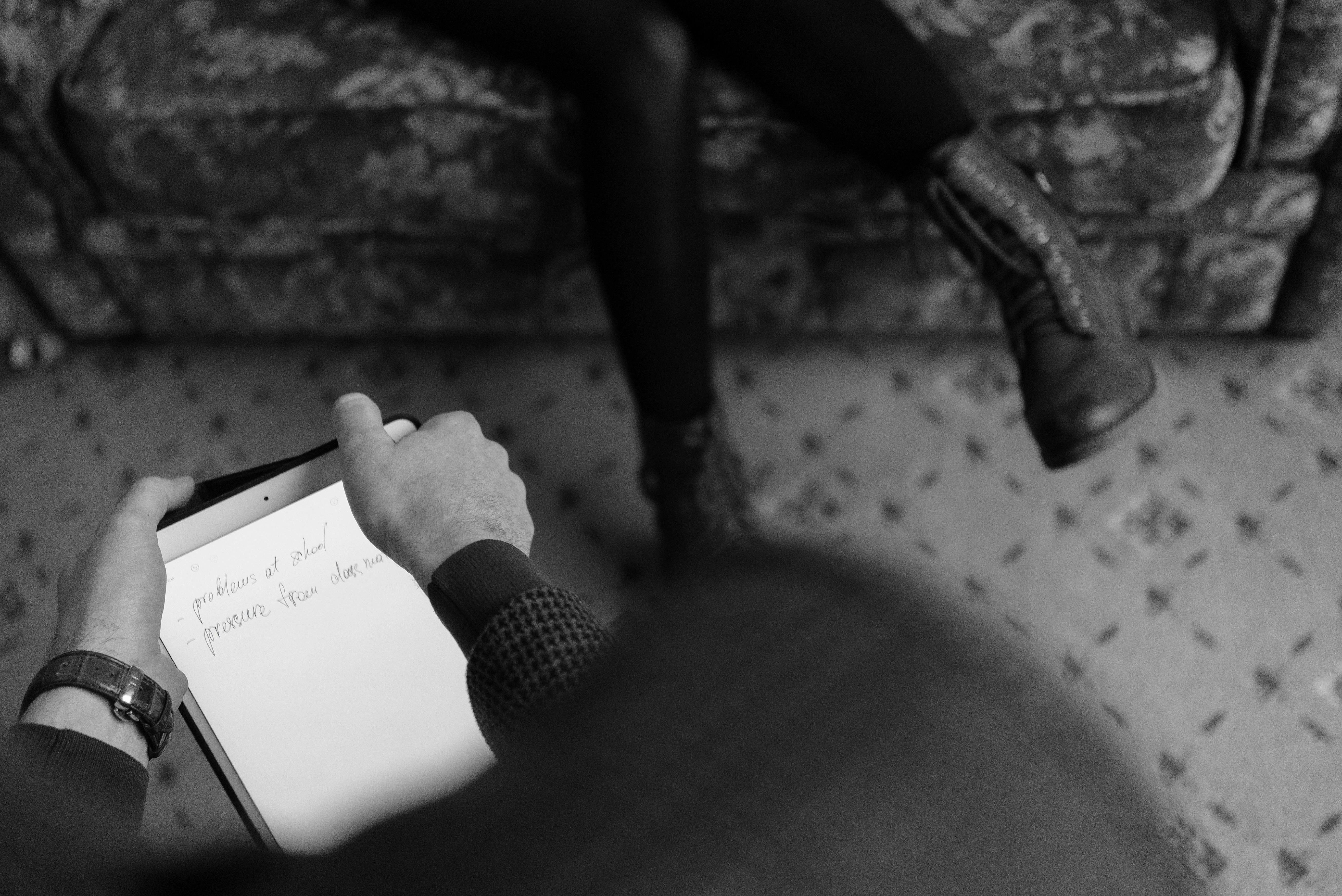Boston Terriers and Separation Anxiety

Boston terriers have been known to develop behavioral problems related to separation anxiety.
So what exactly is separation anxiety?
Separation anxiety is an anxiety disorder characterized by a state of extreme panic induced by the dog’s separation or detachment from its owners.
Long story short, when you leave the house, your BT is thrown into a state of nervous anxiety that escalates extremely quickly.
Boston Terriers are social animals and need lots of company and social interaction to keep them happy and content. No Boston Terrier likes to be left alone for too long, but some handle it much worse than others.
The number 1 cause of separation anxiety in Boston terriers is neglect. If you’re gone a lot more than you’re there in your BT’s life, separation anxiety is pretty much unavoidable. Your Boston requires your company, love and care to be pleased and satisfied.
The symptoms of separation anxiety are quite distinctive. Your Boston terrier will usually determine when he is going to leave (hear your keys jingling, see you putting on his coat, etc.) and become very anxious. I could follow you from room to room, moaning, shaking and crying. Some BTs even get aggressive trying to stop their owners from leaving.
Once it’s gone, the anxious behavior will quickly worsen and will typically peak within half an hour. It can bark incessantly, scratch and dig at windows and doors, chew on inappropriate objects, and even urinate or defecate inside the house. In severe cases, it can even self-mutilate itself by licking or chewing its skin raw, or pulling out its fur.
Then, when he comes back, he’ll be overly excited and jump around you in a frenzy of delight for an extended period of time (longer than the usual thirty seconds of a well-balanced, pleased Boston terrier).
This long greeting is the source of some misunderstandings. Not realizing that such a greeting actually represents the presence of a psychological disorder, many owners actually encourage their Boston to become more and more nervous upon their return (turning on their Boston’s excitement, encouraging it to jump, etc.). ahead.)
Whenever you’re doing this with your Boston, you really should stop. I know it can be tempting and very easy to do, and it seems harmless, but really, you’re just supporting his belief that your comeback is the best time of day. So he is as happy as he can be when you return, but when the time comes for you to leave again, his happiness in your presence is threatened, and he becomes even more distraught when you leave.